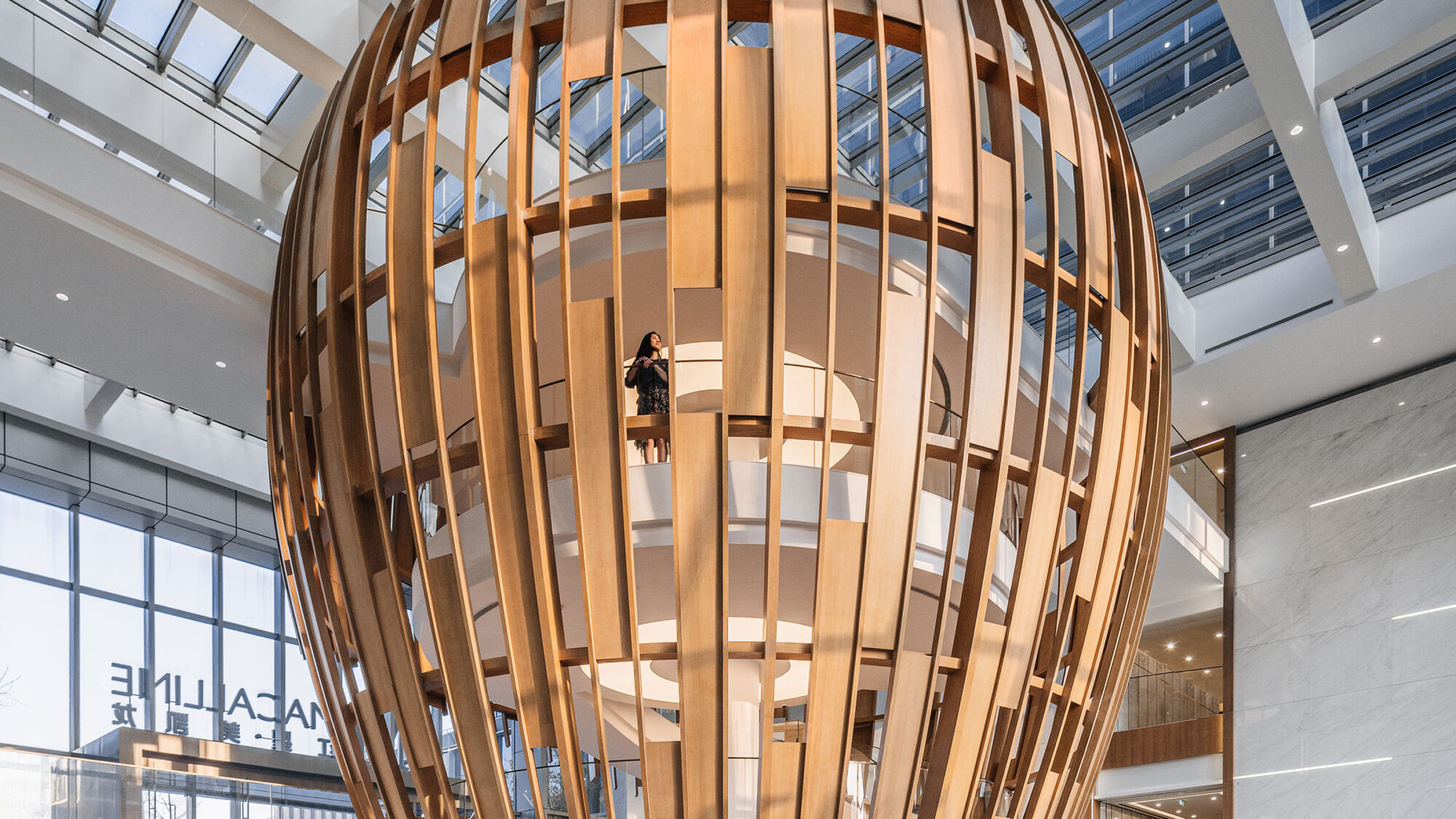

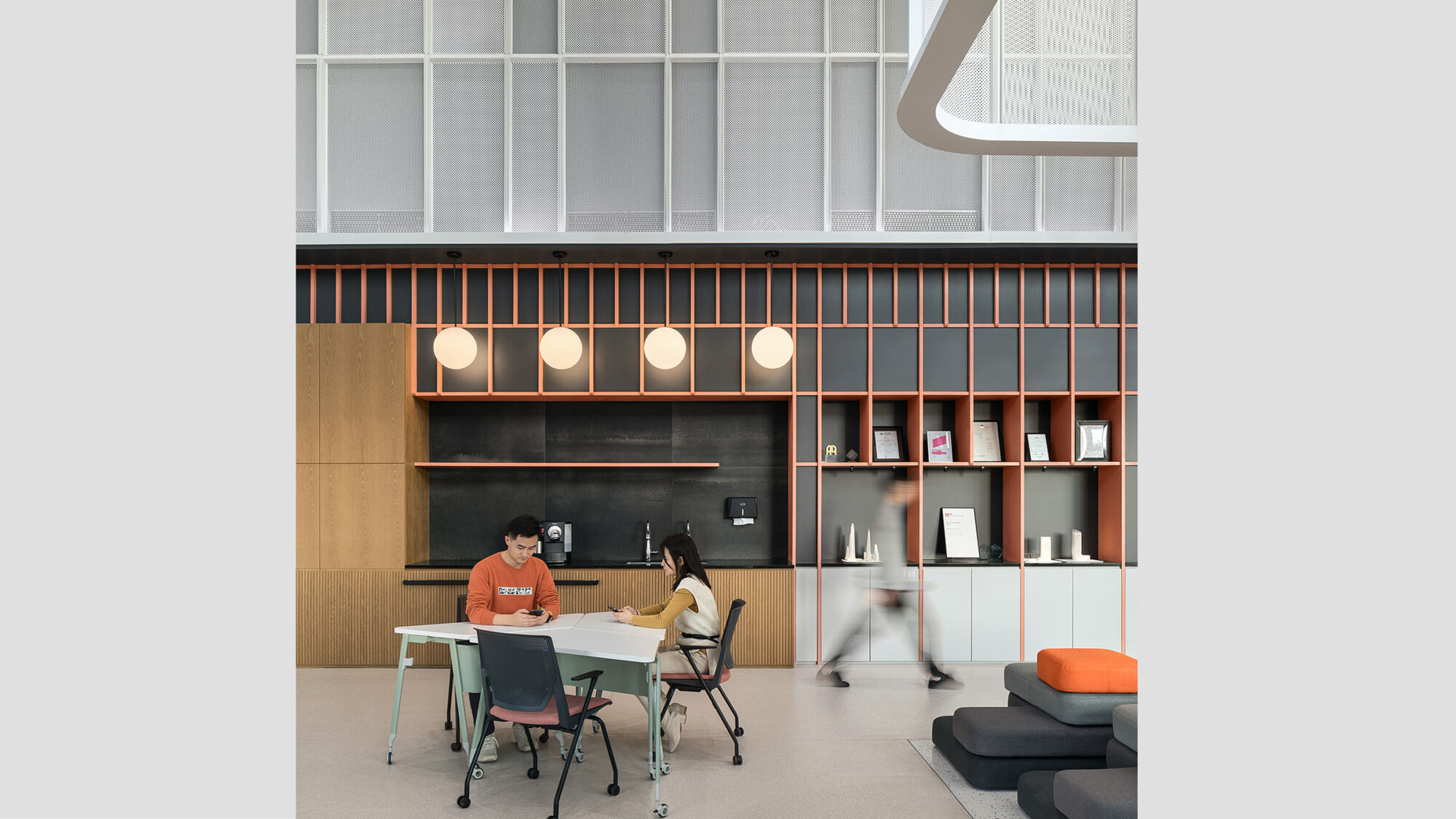
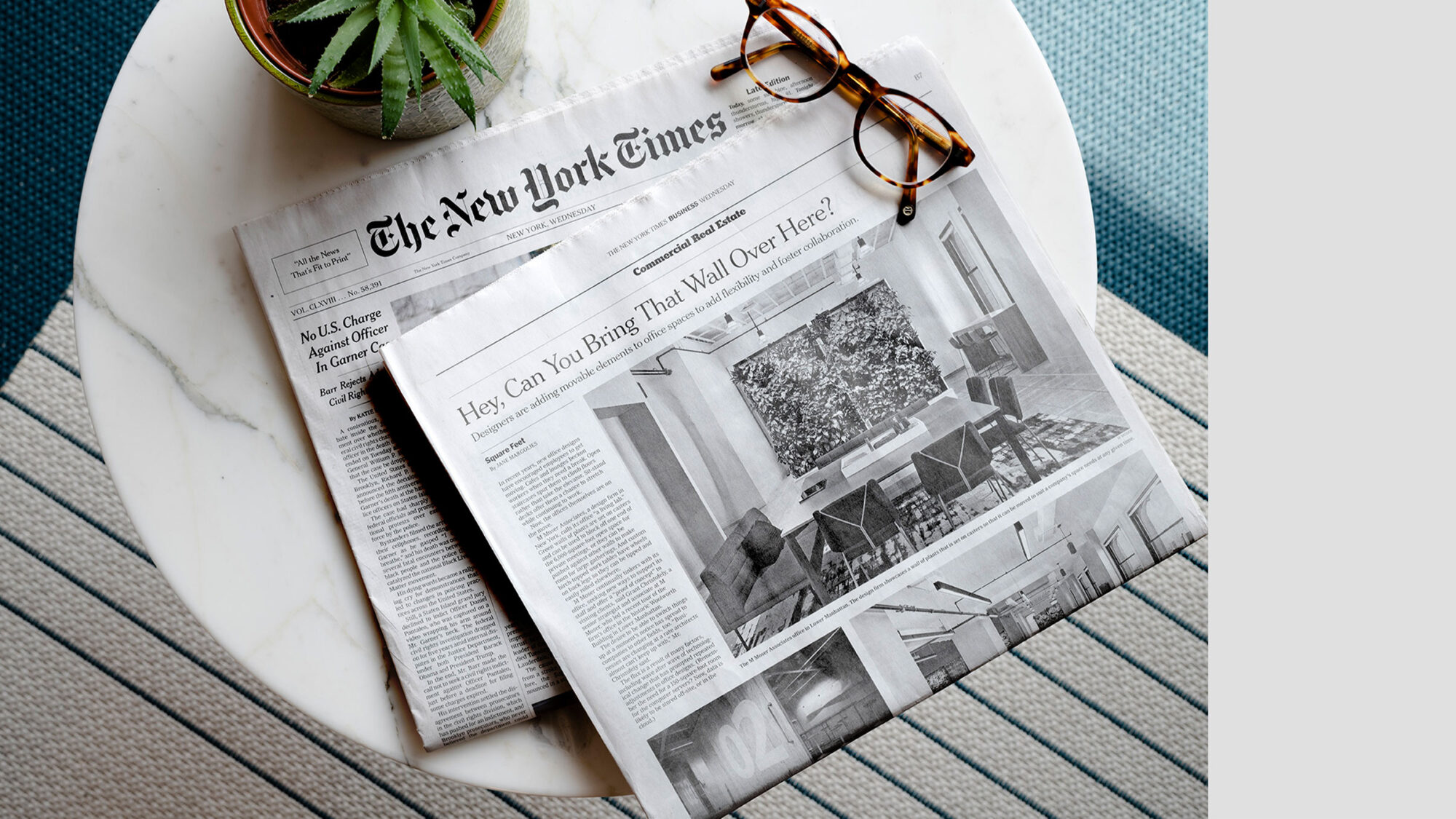
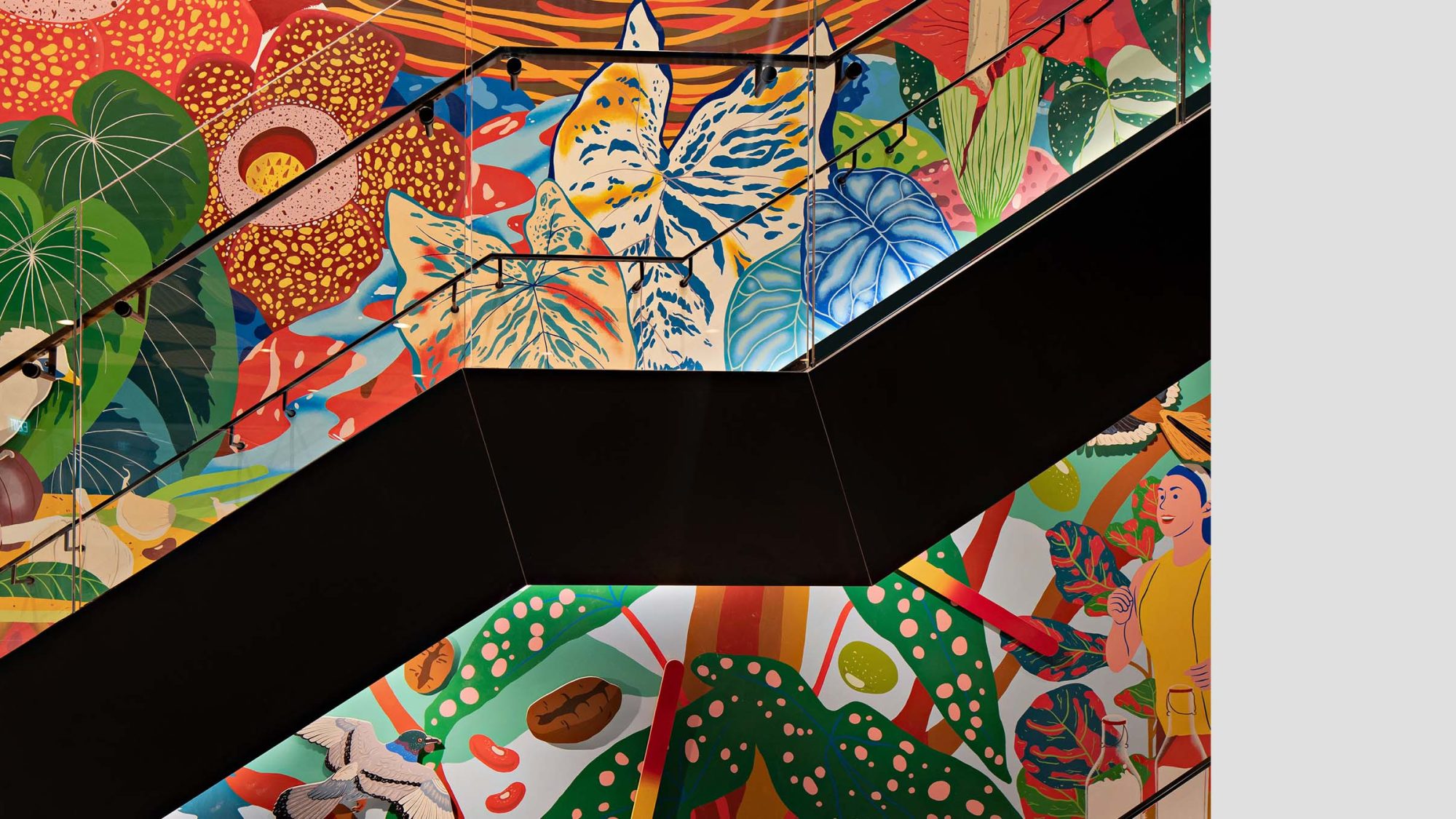
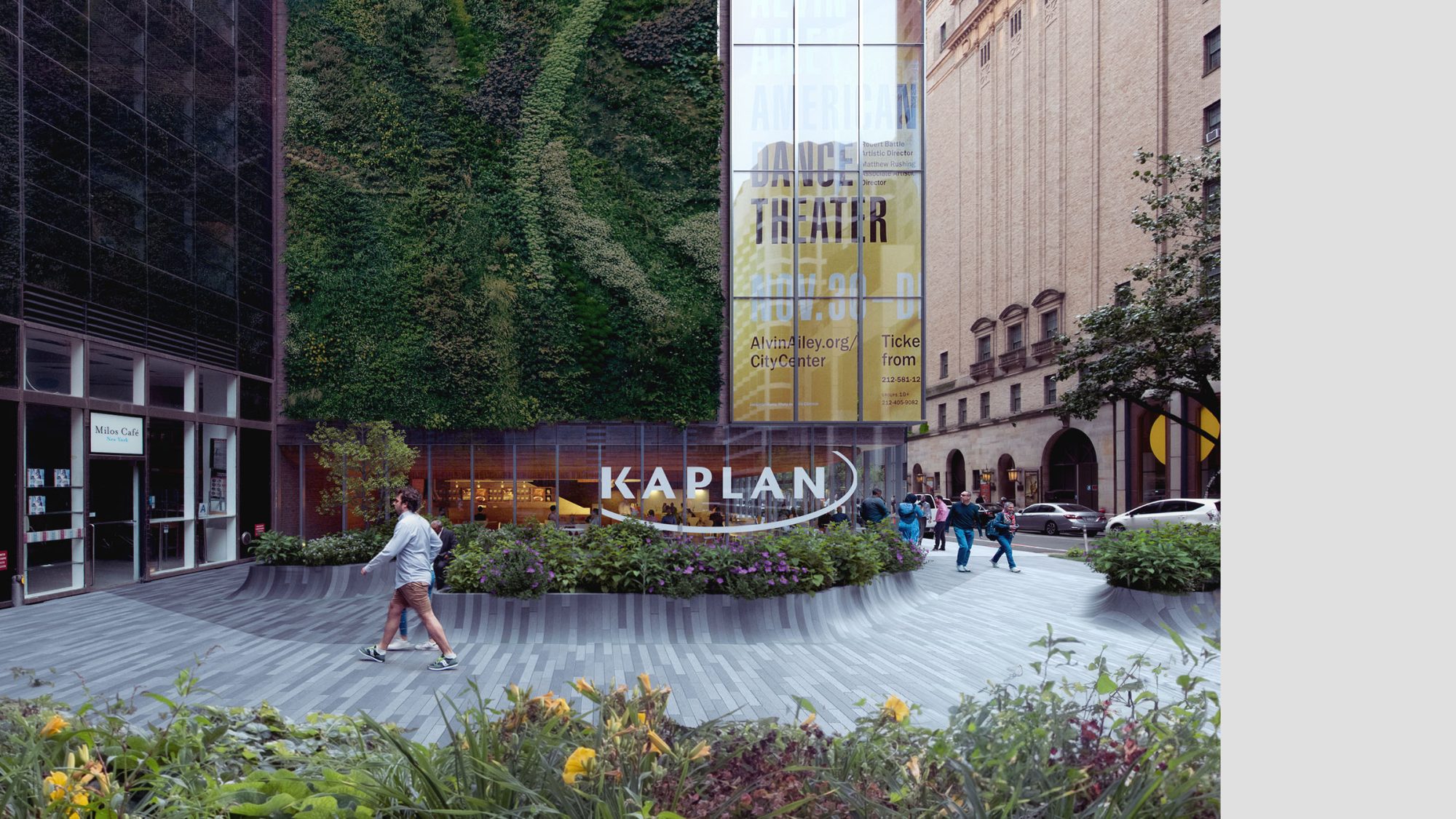
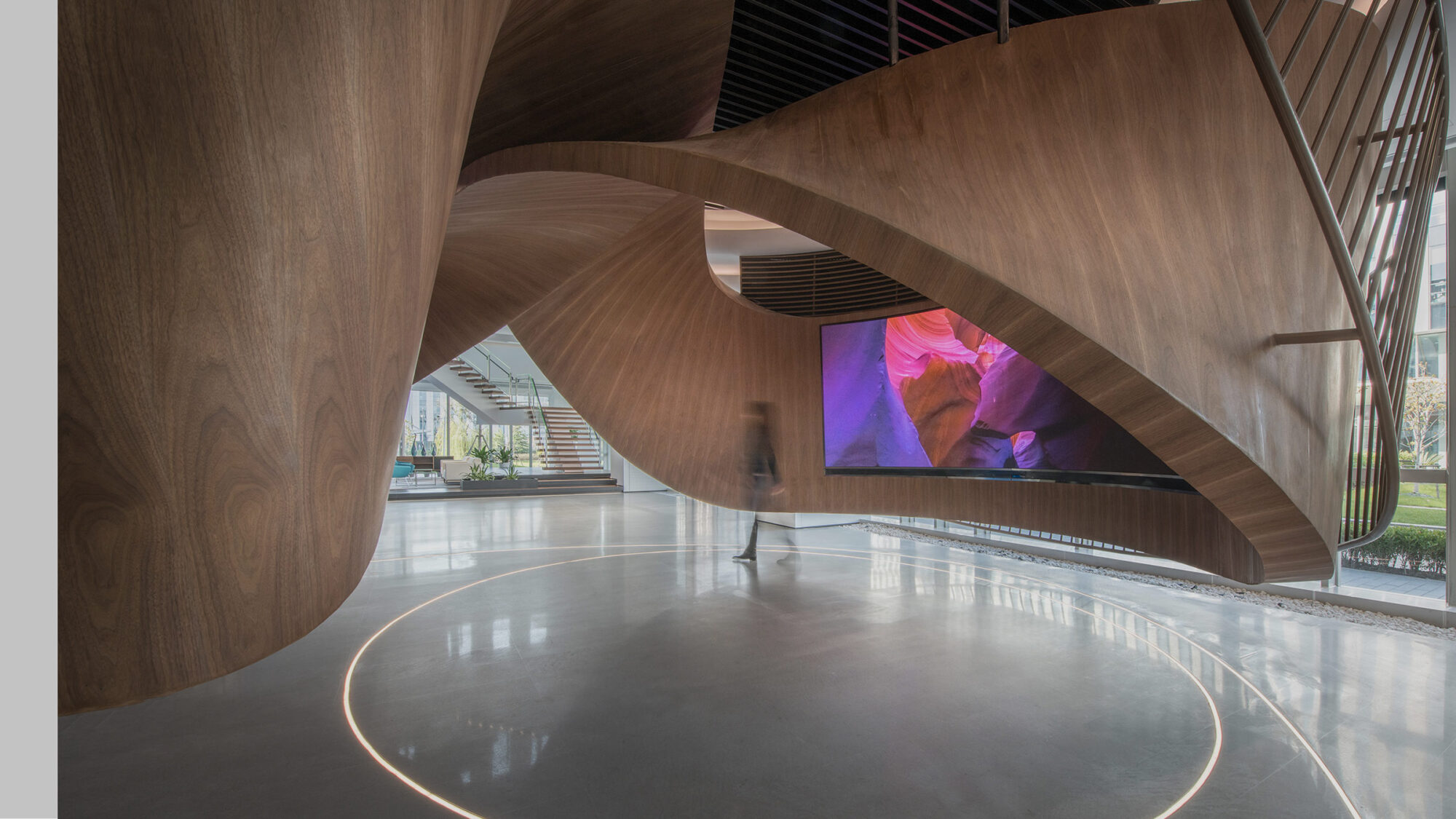
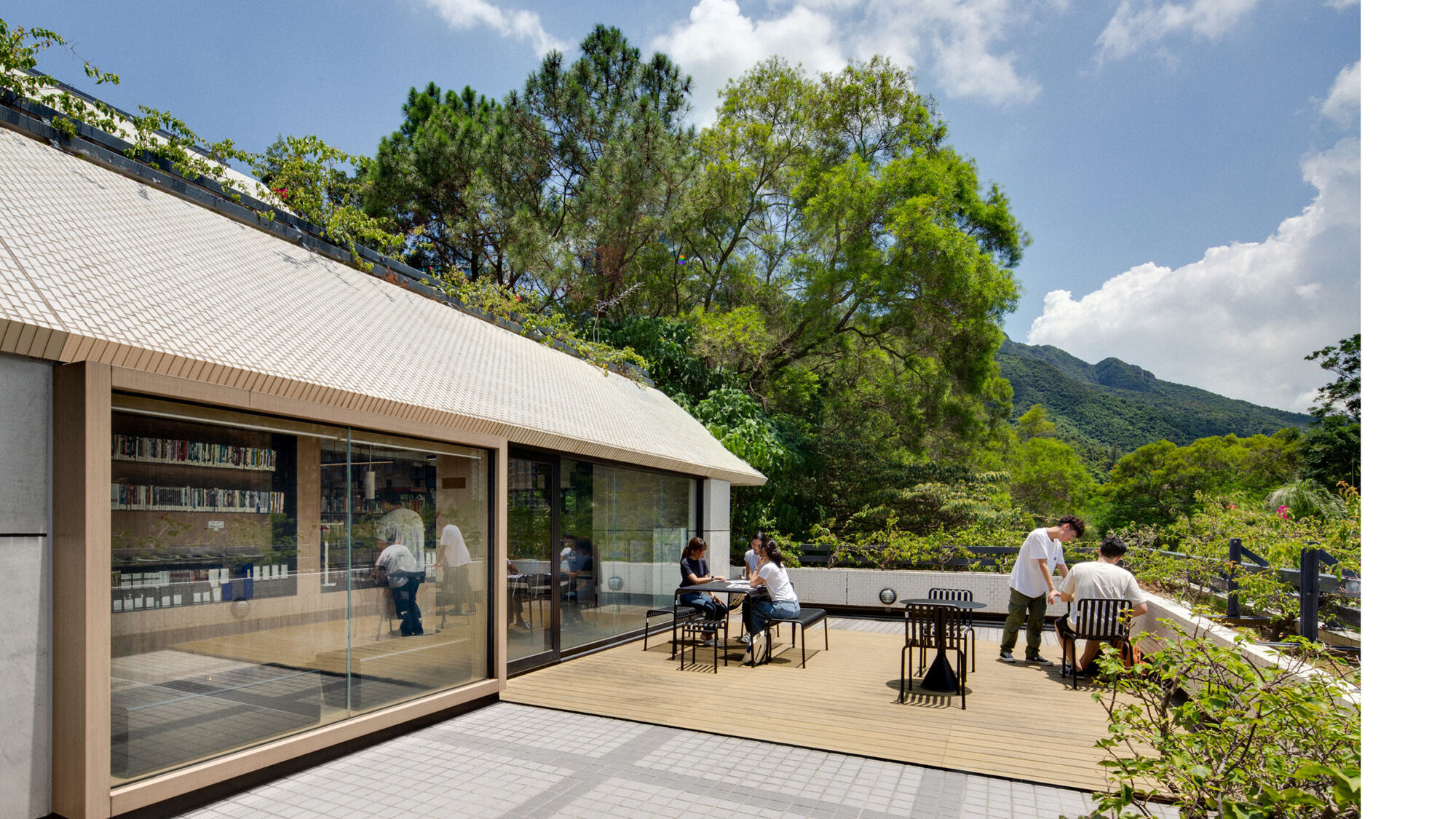
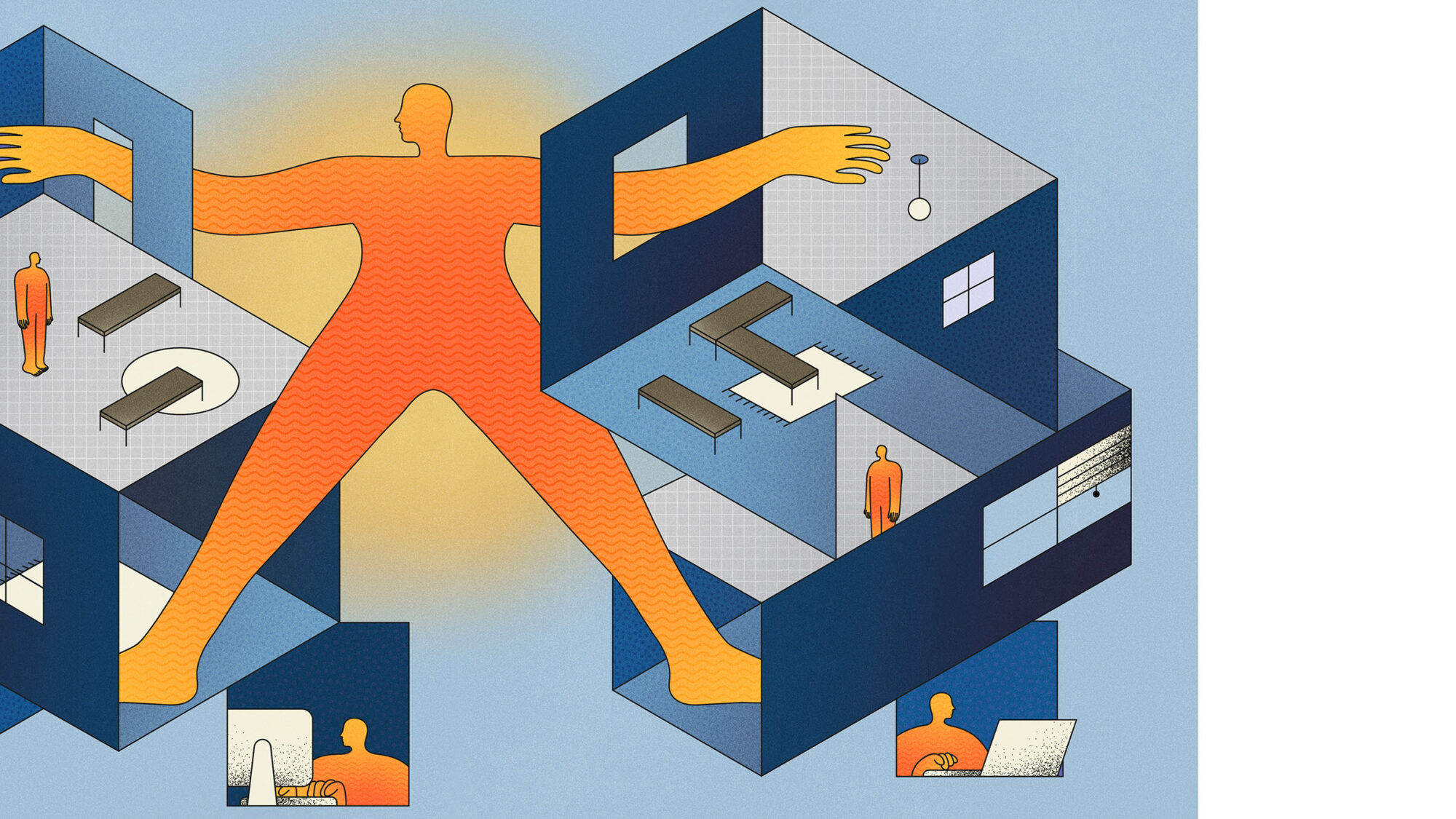
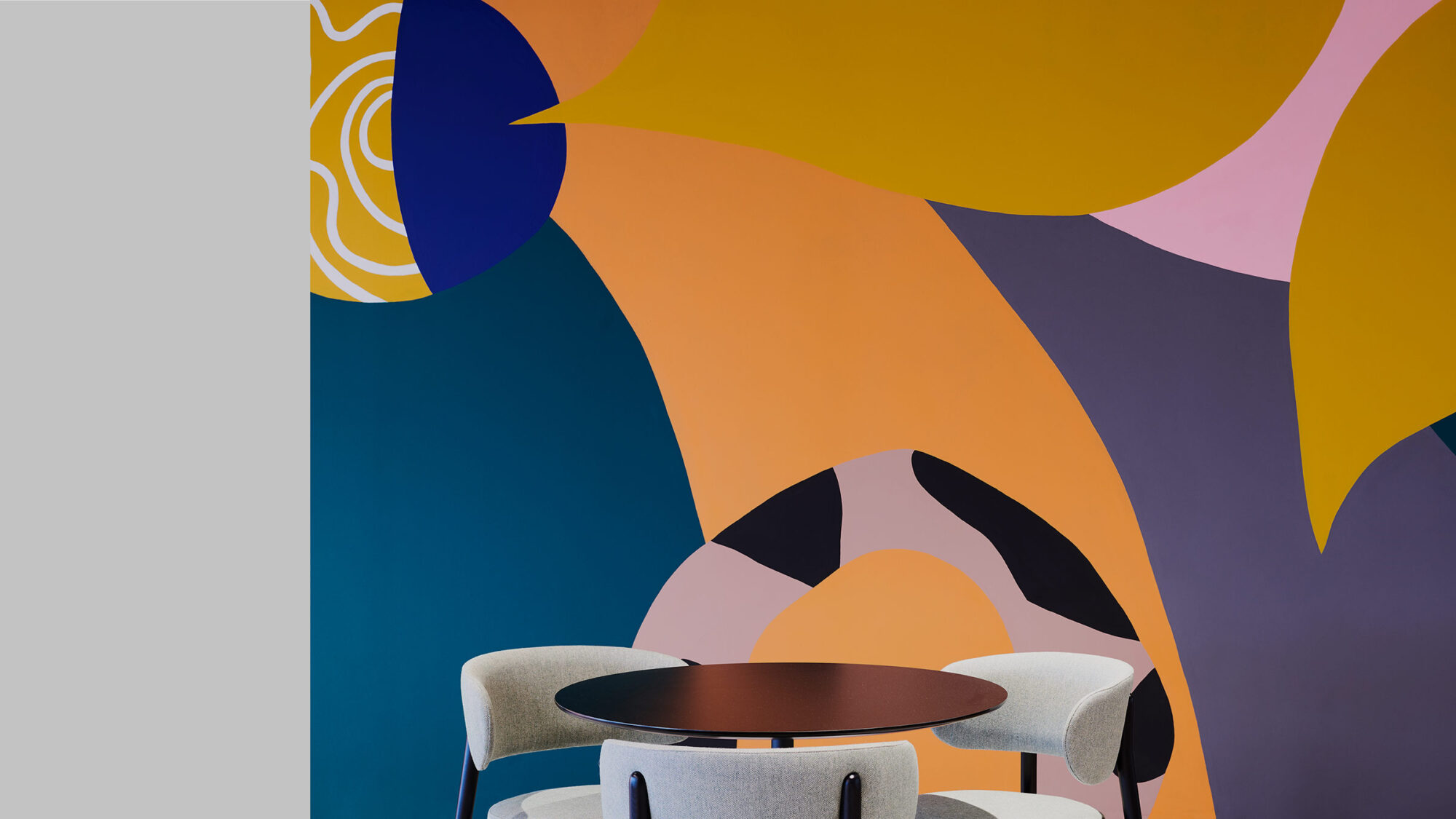

In our latest Place of Work podcast episode, host Frances Gain joins Associate Directors Jeremy Kumala and Raquel Machado to explore our new living labs in Paris and Amsterdam.
They discuss the challenges, triumphs and lessons learned from these innovative workplaces.
A living lab is more than just a workspace; it’s a dynamic environment designed to test and learn. Frances explains how it encourages exploration of workplace design, materials, sustainability and human behaviour. This iterative process of trial and error helps M Moser refine its designs and strategies to better meet the needs of its clients.
A living lab is a “place to test.” In client projects, the risk is higher due to budget and timeline constraints. However, we can afford to experiment more freely in our own spaces. This freedom fosters creativity and innovation, pushing the boundaries of what’s possible in workplace design.
Raquel Machado, Associate Director - Design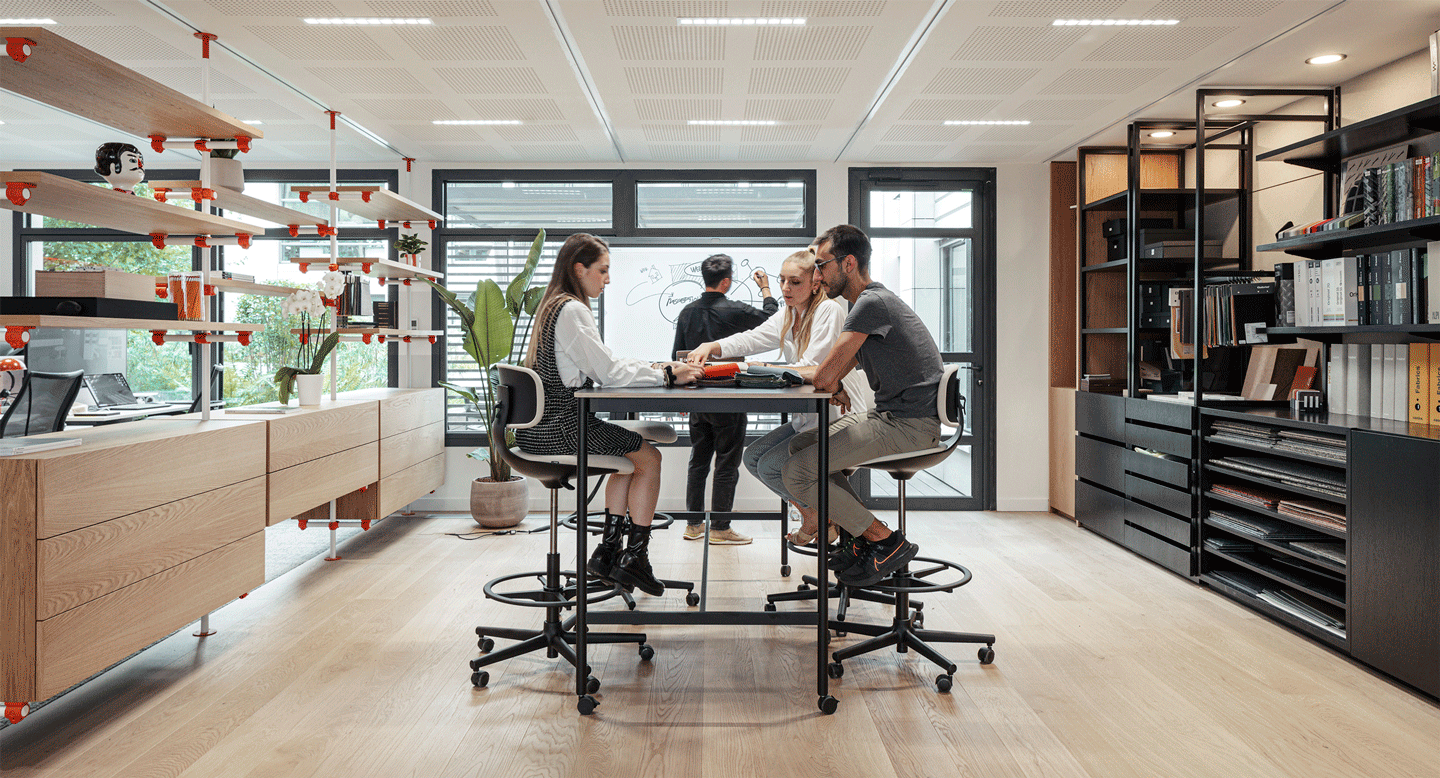
It’s a space that reflects our users’ needs at a specific time and for specific tasks. This constant state of flux keeps the environment fresh and adaptable, aligning with the unpredictable nature of modern business growth.
Jeremy Kumala, Associate Director - Design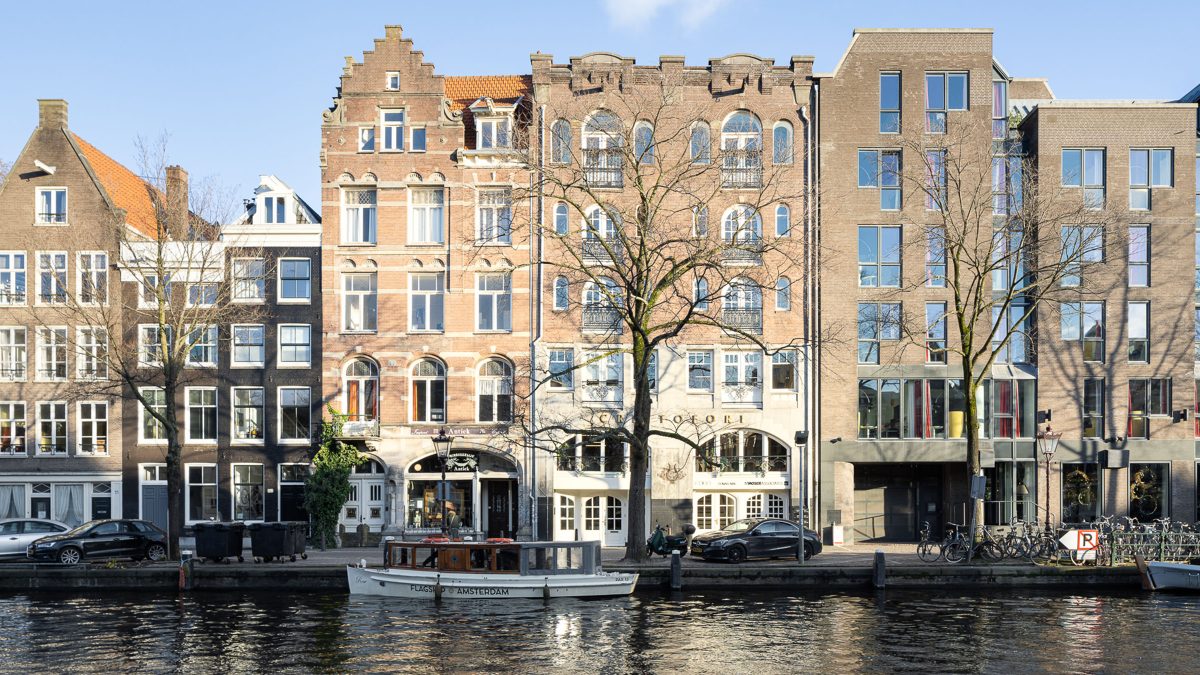
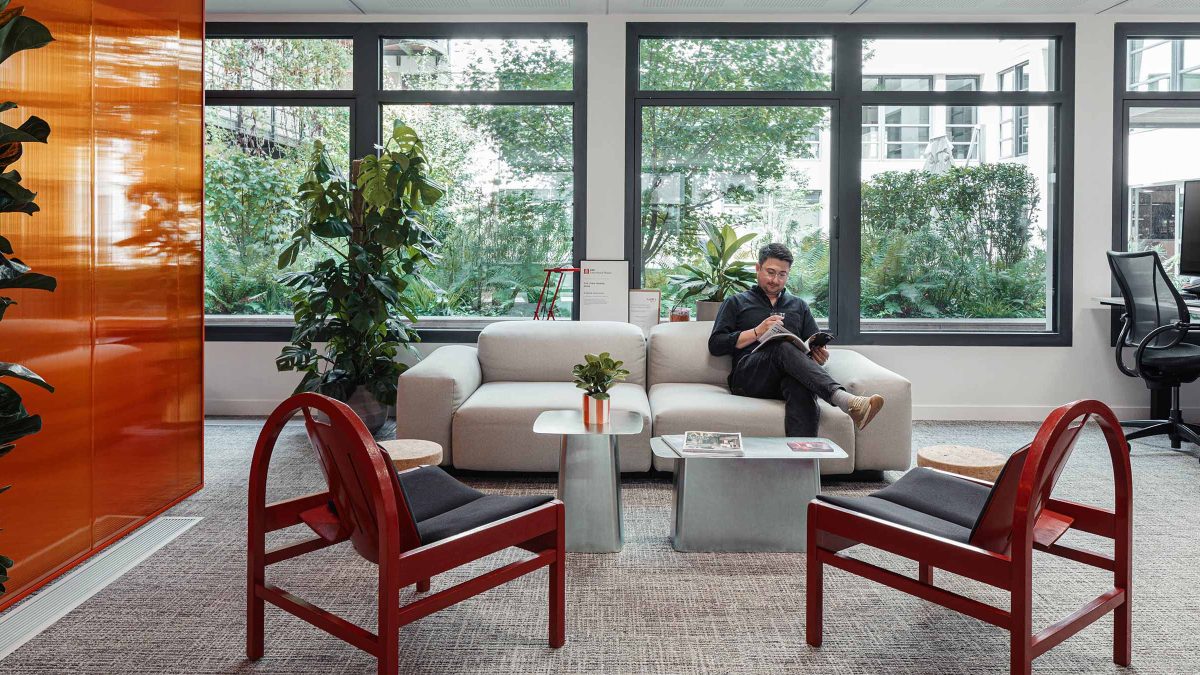
The Amsterdam studio is situated in a charming canal house. The workspace balances old-world charm with modern technology, embodying the concept of adaptive reuse. The high ceilings, natural light and open space create an inspiring and transparent environment. A key focus is sustainability, with a significant effort to reuse existing structures and materials.
The Paris studio is in a bustling central business district. The design reflects the challenges of Parisian real estate, such as low ceilings and limited space. Despite these constraints, the space is warm and sophisticated, with shared amenities like a barista, gym and rooftop dining area to enhance employee experience.
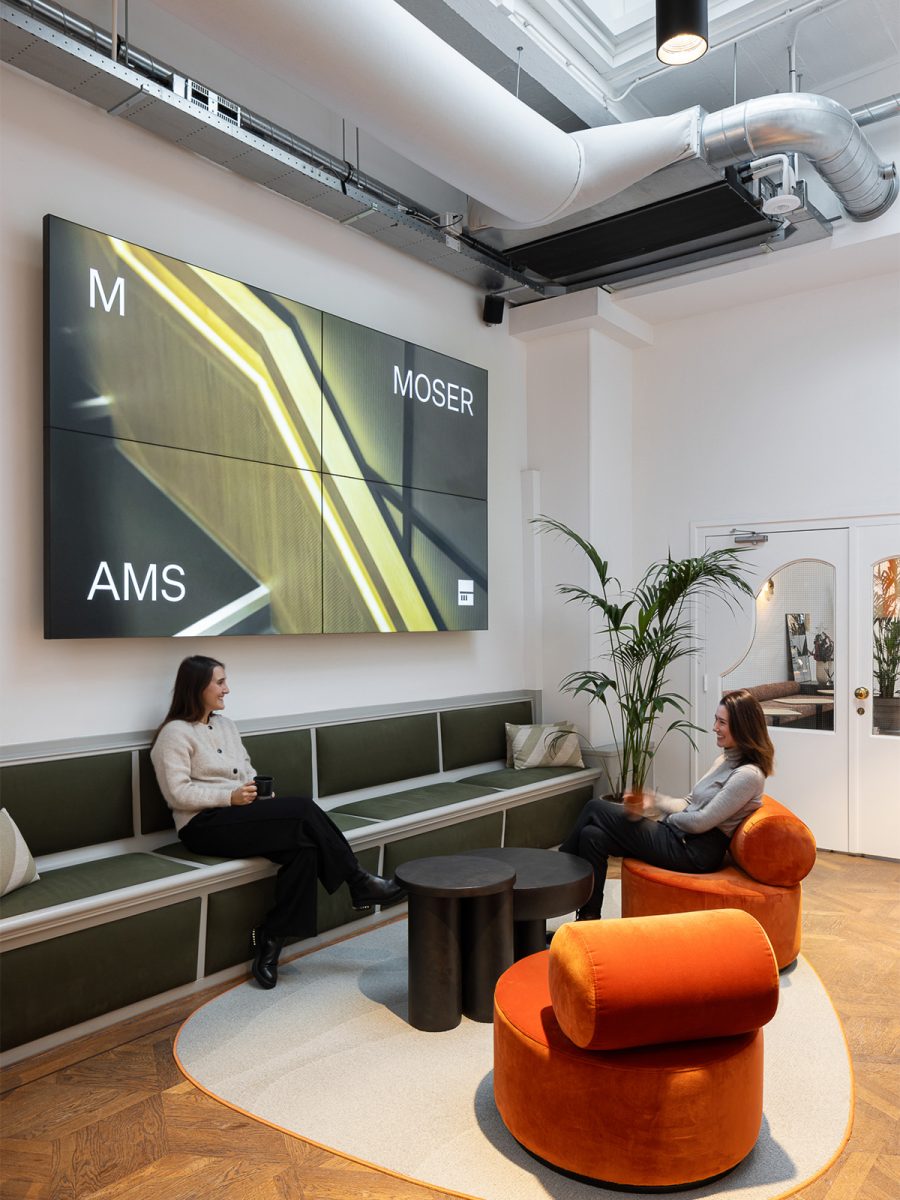
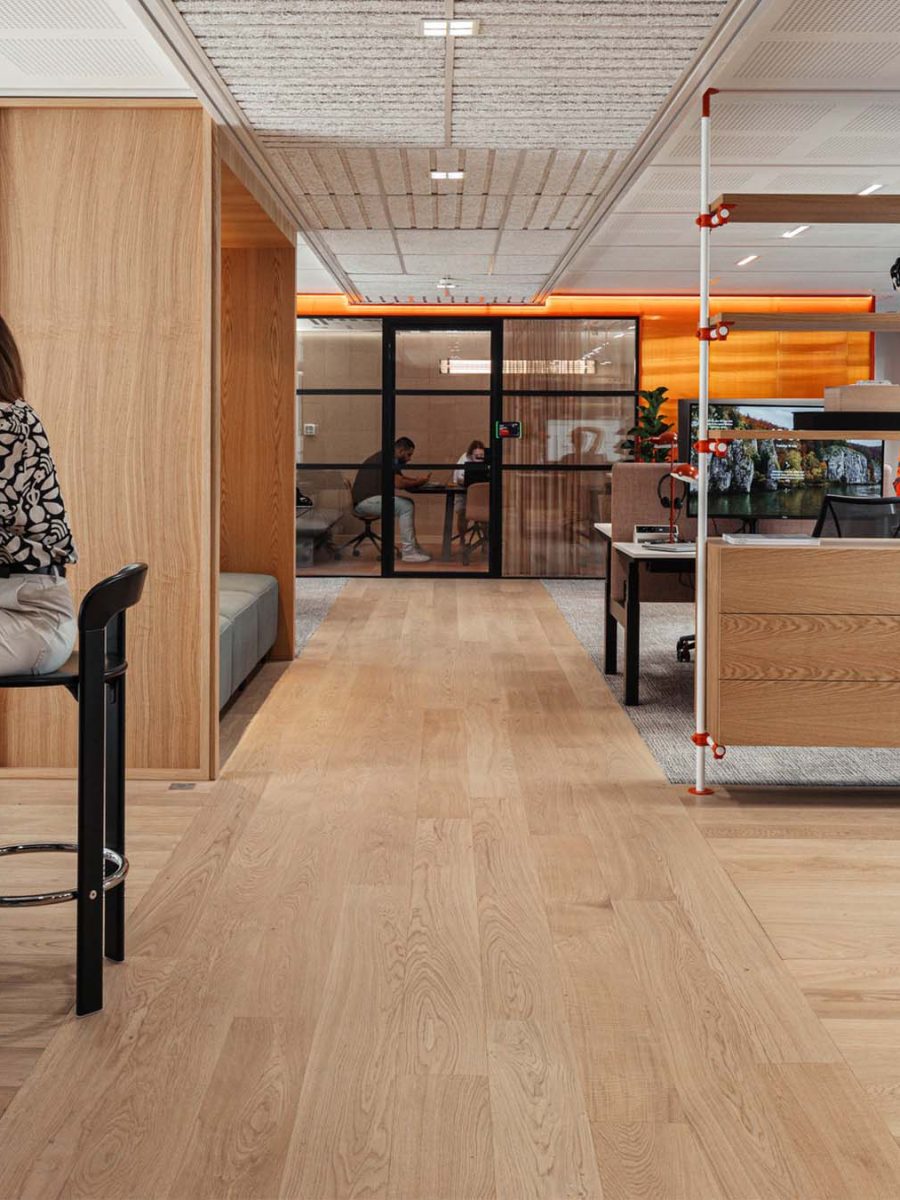
One of the biggest challenges faced by the Amsterdam team was integrating technology into an older building. Furthermore, the studio is targeting IFLI Net Zero Carbon certification. This required a deep dive into sustainable materials and a rigorous vetting process to ensure authenticity. The experience taught the team to look beyond certifications and consider smaller, innovative brands.
In Paris, the challenge was designing a workspace that accommodated various user needs within the constraints of local real estate. The team had to be creative with the layout, ensuring flexibility and functionality without compromising aesthetics or performance.
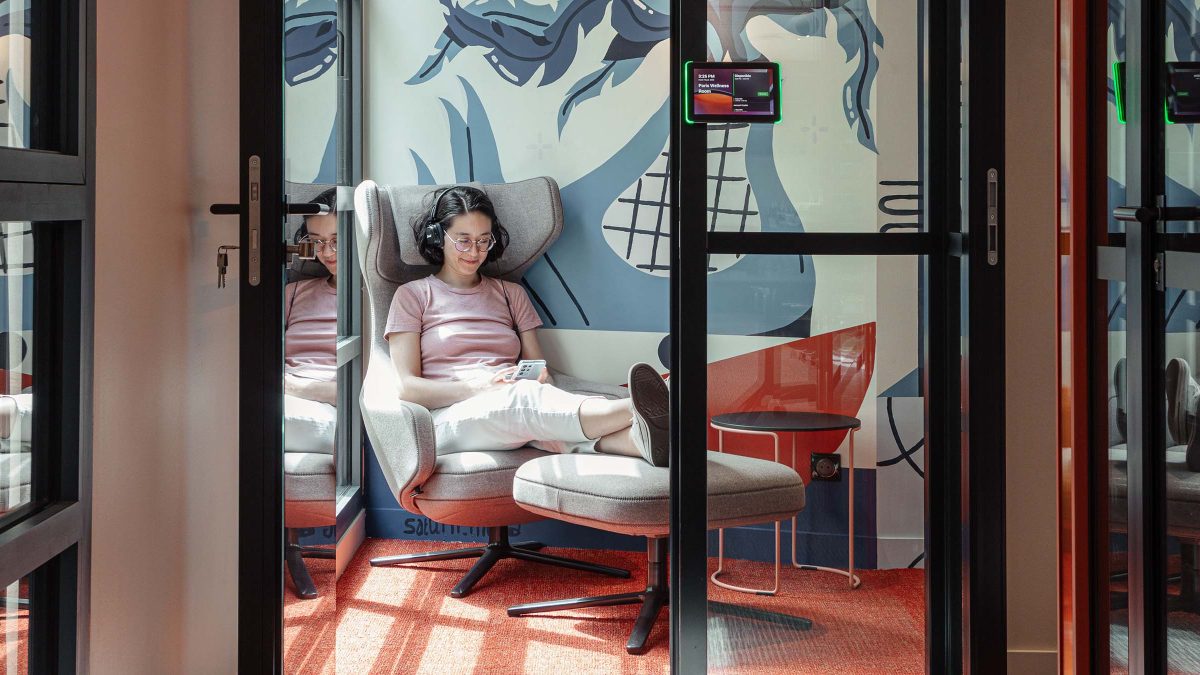
Both living labs emphasise the importance of user feedback. The digital twin and sensors monitor workspace usage and environmental factors. This data helps them make informed adjustments, ensuring the space remains efficient and effective.
Maintaining a balance between the global brand and local cultural nuances was crucial. This approach ensures each workspace is unique yet unmistakably M Moser.
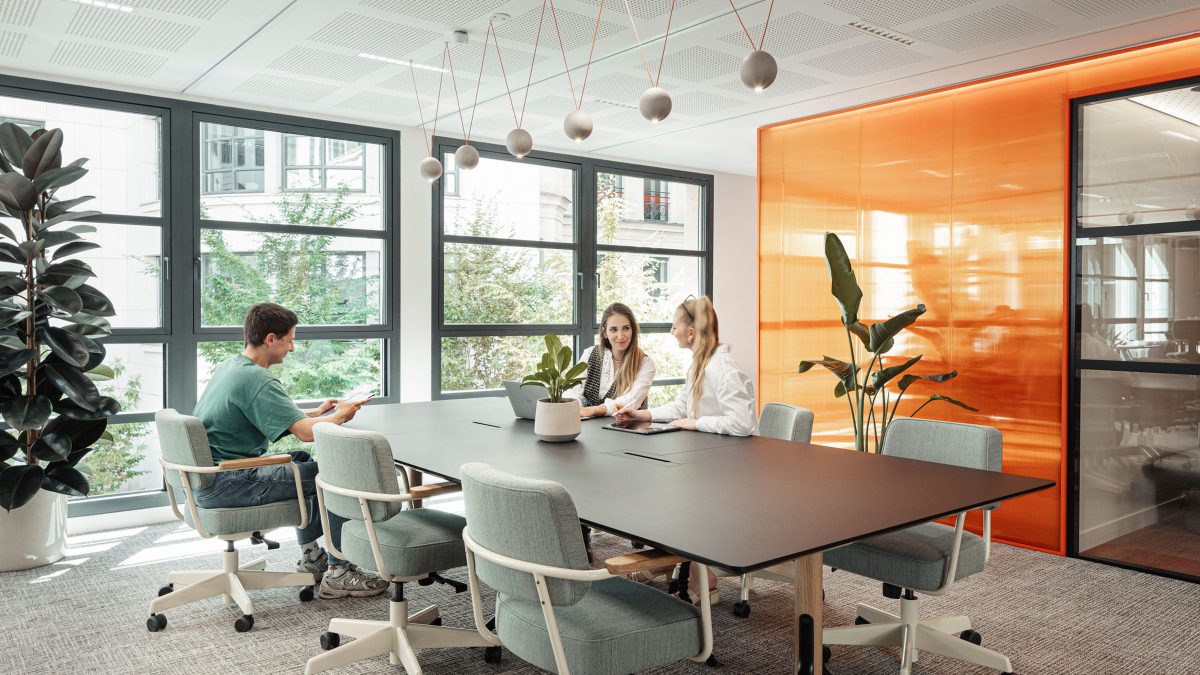
The new workspaces have had a significant positive impact on both teams. In Paris, employees experience a strong sense of belonging without departmental silos and often enjoy shared team lunches. Consequently, they prefer the office environment and find the commute worthwhile. In Amsterdam, the sense of community and belonging has also been enhanced, leading to increased collaboration and motivation.
These new living labs in Paris and Amsterdam showcase our innovative approach to workplace design. By embracing the living lab concept, the team has created adaptable, sustainable and people-centric spaces that inspire creativity and collaboration.
Sign up for our newsletter for more updates on our living labs and their impact on workplace design.
Associate Director, Workplace Strategy and Transformation
Associate Director
Associate Director, Design